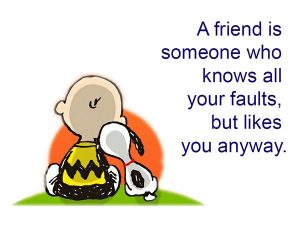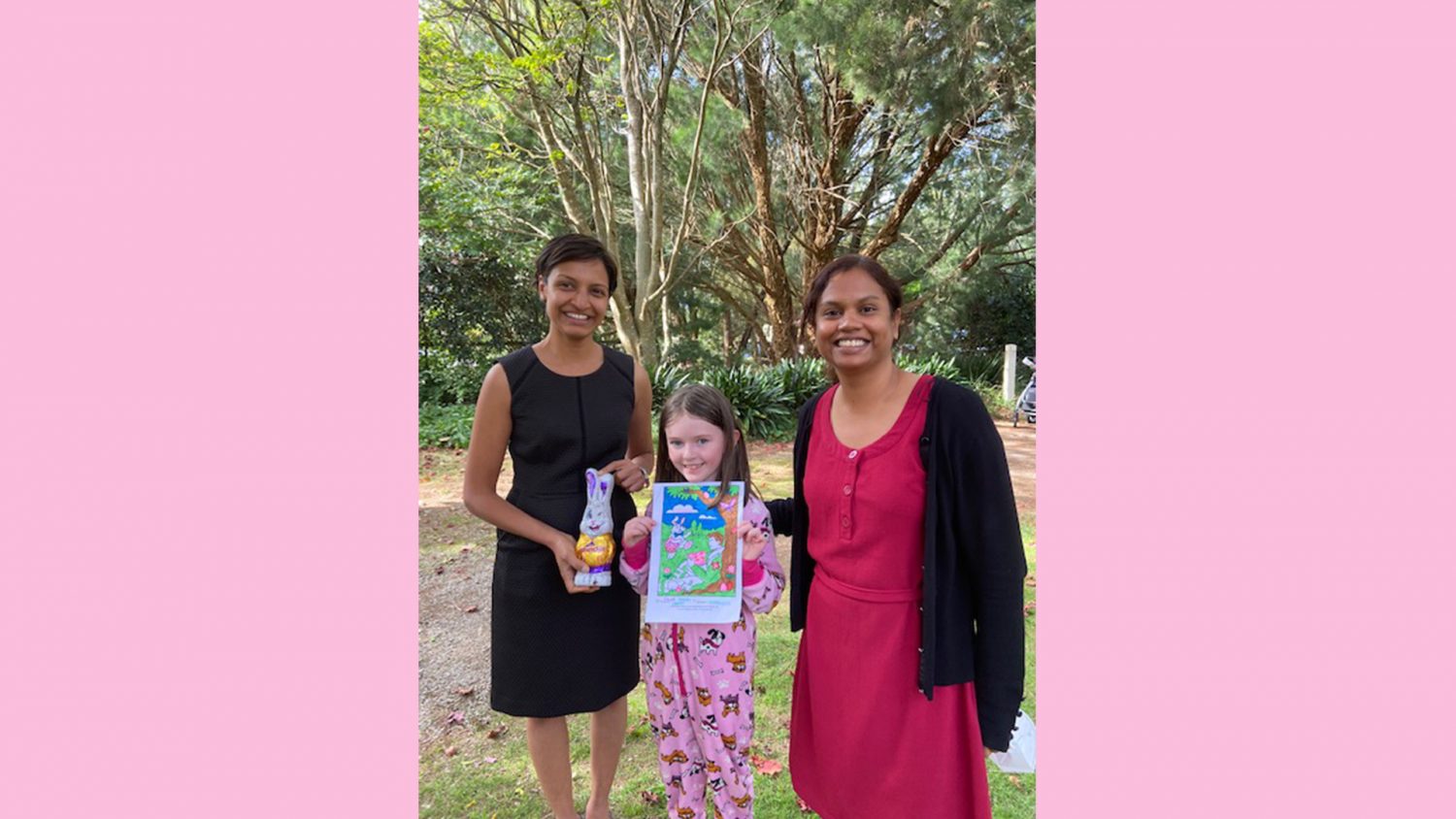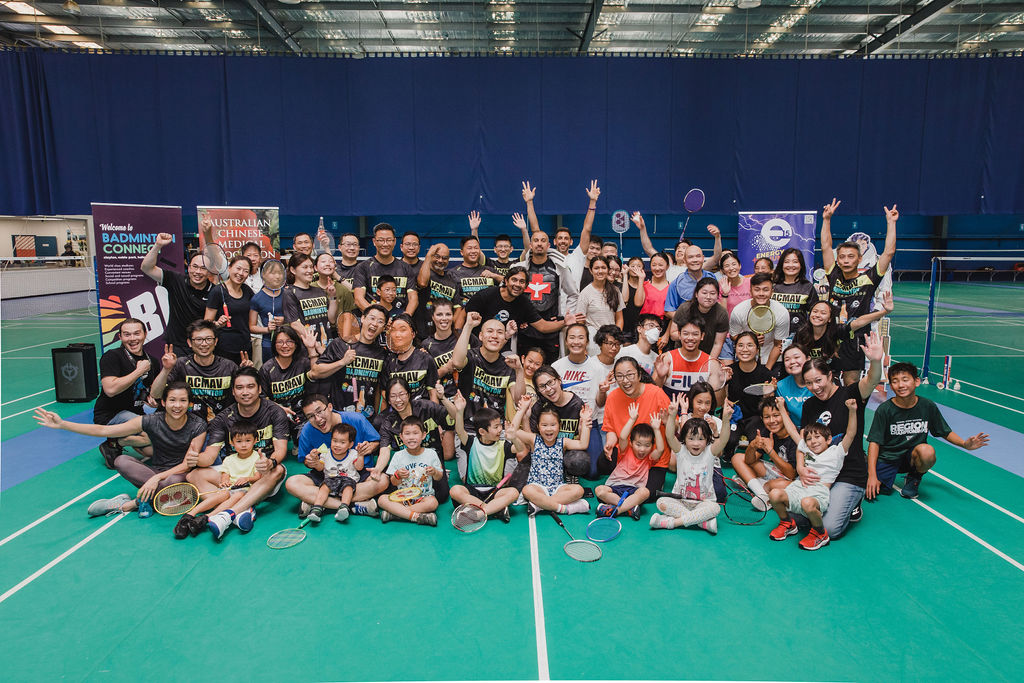And there you have it, last fortnight was the challenge of not becoming too “practical” and veering from ideals, and this week, we’re back on the practicality of life. That’s the in between.
This week – the philosophical ideal is “Unconditional Love”. That we all afford this for each other. The root of this has merit. That it’s not the carrot nor the stick that’s truly effective in relationships. That instead it’s that feeling that as a person, you are “accepted” for what you are. Indeed it was the greatest philosopher of all time, Charlie Brown, who was quoted as saying, “A friend is someone who knows all your faults, but likes you anyway.”
But that’s not easy, after all, the personal development movement will constantly push us all to strive to be “better versions of ourselves”. When we fail along the way – will others reject us? Will we reject ourselves? Feeling that rejection and sense of failure either way is a great weight. And on the contrary, knowing that whether we win, lose or draw, whether our actions are “good or bad”, that we are still accepted. Indeed, that despite all, we are still “loved”. Unconditionally.
My practical application of the above aspiration and ideal is the separation of behaviour from the individual. That we describe someone’s behaviour as needing improvement, yet not cast a generalisation that the person is generally good or bad, nor a success or failure overall as an intrinsic “character” trait. Basically – encourage someone to improve without casting shame. That indeed, the person is still loved since they are separated from the behaviour that needs improvement. Eminent speaker and author Brene’ Brown goes to much extent to describe this in her TED talk here https://www.youtube.com/watch?v=5C6UELitWkw.
I’m not sure the degree to which this is completely synonymous with “unconditional love”, but it’s certainly along the lines. Fundamentally then, for me, it’s a more positive collective sense that we’re all born intrinsically “good”, magnificent in fact, and yet along the way our thoughts and behaviours can stray and we all may need help to return to that place of magnificence. Yet all the while, we are still unconditionally loved. Just like Snoopy.

Dr Floyd Gomes


